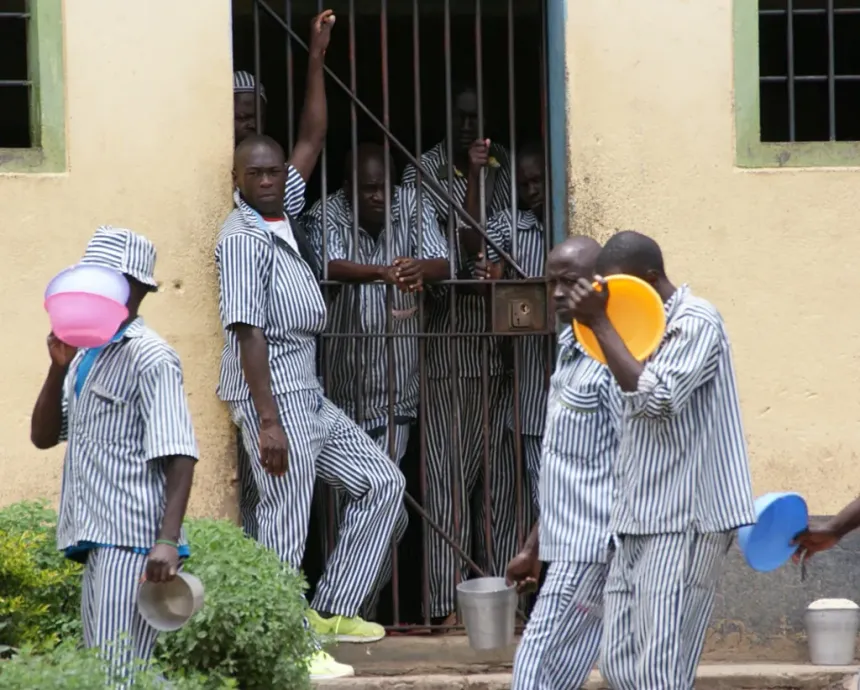A damning audit by the Ethics and Anti-Corruption Commission (EACC) has unearthed widespread financial mismanagement and corruption within Kenya’s correctional facilities. The systems audit, conducted across 32 prison stations, identified 87 corruption-prone areas, with junior officers drawing director-level salaries, and senior staff earning less than their juniors.
The audit exposed weak internal controls within the Kenya Prisons Service (KPS), with payroll anomalies where pay did not match official job grades. In some cases, low-ranked officers earned director-level salaries while actual directors received salaries of junior staff pointing to ghost workers and manipulation of the payroll system.
Funds confiscated from inmates upon admission were also found to be untraceable after their release, raising suspicions of misappropriation. The audit further revealed unauthorized or erroneous payments that cost taxpayers heavily due to lack of financial accountability.
Procurement malpractice was another major concern. For instance, a 50kg bag of sugar cost Ksh15,000 at Mombasa Remand Prison but only Ksh8,000 at Shimo La Tewa Prison, suggesting inflated pricing and collusion. Meanwhile, the absence of distinct financial accounts for prison-run farms and industries has allowed for unchecked misallocation of public funds.
The audit also highlighted serious welfare concerns. Prisoners earn as little as 20 cents for labor and face a dire shortage of uniforms, fueling bribery and black-market exchanges among inmates. Health concerns were equally alarming, with reports of expired drugs being administered to prisoners, endangering their lives and escalating medical costs.
Additionally, the KPS has failed to secure valid title deeds for its land, resulting in private developers encroaching on prison property.
In response, Dr. Salome Muhia Beaco, Principal Secretary of the State Department for Correctional Services, acknowledged the issues and stated that reforms are underway. She affirmed alignment with the Nelson Mandela Rules and revealed plans to equip all 135 prisons with beds currently, only 46 are equipped.
The EACC has recommended automation of financial systems and corrective HR measures, including addressing ghost workers, to curb systemic corruption within the correctional services.

